Wayne Riley: What Constitutes A 'Great' Player?
Golf Monthly columnist Wayne Riley asks how you can gauge a great golfer...
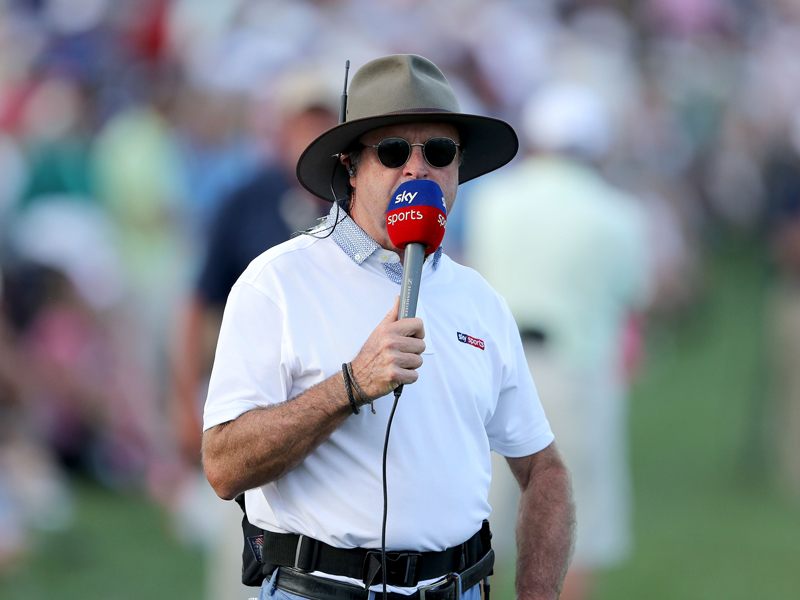
Golf Monthly columnist Wayne Riley asks how you can gauge a great golfer...
Wayne Riley: What Constitutes A 'Great' Player?
During a recent tournament I was covering for Sky, I popped into the break room.
Tim Barter was in there, as were a few others, and before I knew it, we were locked in a debate about what constitutes great when it comes to professional golf and whether we use the word too much.
It’s a fascinating discussion and what makes it so interesting is there’s no right answer.
How do we gauge who is a great player?
How much stock do we put into Major victories and how much consideration should be given to other factors?
Get the Golf Monthly Newsletter
Subscribe to the Golf Monthly newsletter to stay up to date with all the latest tour news, equipment news, reviews, head-to-heads and buyer’s guides from our team of experienced experts.
Let’s look at two examples from my homeland.
Peter Thomson won five Major Championships, but they were all Opens.
Greg Norman won two and they were also both Opens, but he spent 331 weeks as the highest-ranked player in the world.
He also racked up 86 other professional victories.
Now, here’s where it gets interesting.
Some would say these two players are nailed-on greats, but others would say to be considered great you need to win all four Majors.
Others still feel you need to have won a Major on both sides of the Atlantic to even be considered.
If you think you need to have won the Career Grand Slam, that means there are only five players in the history of the professional game to have reached ‘great’ status: Gene Sarazen, Ben Hogan, Gary Player, Jack Nicklaus and Tiger Woods.
But even within that group, there should be further distinction.
Woods and Nicklaus have won each of the Majors three times or more, so for me, their classification should be different.
We also need to consider the different eras these accomplishments were registered in.
In 1930, Bobby Jones won the US Amateur, the US Open, the Open and the Amateur Championship – the four Majors at that time.
There can be no doubt he’s a great.
Harry Vardon, meanwhile, triumphed in seven Majors, including six Opens and a US Open, he played in an era where travel between Europe and America was far more complicated and The Masters hadn’t been established by the time of his death.
Surely he shouldn’t be precluded from being considered a great because of those factors?
Walter Hagen won 11 Majors – the third most all time – but he never managed to get over the line at The Masters.
However, he was already 42 when it was inaugurated.
Plus, he did so much away from the course in terms of raising the profile of, and respect afforded to, professional golfers.
Sarazen won four fewer Majors than Hagen but in some people’s eyes only one of them is a great.
That is why it’s such a fascinating debate.
Let’s look at some modern examples.
During our discussion, Barter felt Colin Montgomerie was a great, owing to the fact he won an unprecedented seven European Tour Order of Merit titles in a row (and eight overall), while others disagreed given he never won a Major and failed to register a PGA Tour victory.
Someone else suggested a good barometer was, at a minimum, Major success in Europe and America.
This seemed a reasonable starting point, but under that definition Brooks Koepka – a man who’s already won four Majors despite still being in his 20s – isn’t considered a great player.
Whenever you think you’ve found a sound way of categorising, someone else takes you back to square one!
Two other interesting modern examples are Martin Kaymer and Justin Rose.
Kaymer has won two Majors and the Players Championship and spent time as World No.1.
But he’s also been very inconsistent and hasn’t been inside the world’s top 50 since May 2017.
Rose has only won one Major, but he’s an Olympic Gold Medalist, an Order of Merit winner on both sides of the Atlantic, a former World No.1 and a man with one of the best European Ryder Cup records.
Are both of them great? One but not the other? Neither? You tell me!
For me, I feel the Career Grand Slam winners are the ‘immortals’ and others are ‘greats’, but classification has to be done on a case-by-case basis.
If anyone can come up with a way or set of criteria to define what a great player is, I’d love to hear it. Get in touch on our social media channels @golfmonthlymagazine on Facebook and @golfmonthly on Twitter and Instagram and we can continue the discussion!
-
 Volvo China Open 2025 Picks, Odds And Predictions
Volvo China Open 2025 Picks, Odds And PredictionsFollowing a break for The Masters, the DP World Tour returns for the final two weeks of its Asian Swing and the Volvo China Open is the penultimate event
By Jonny Leighfield
-
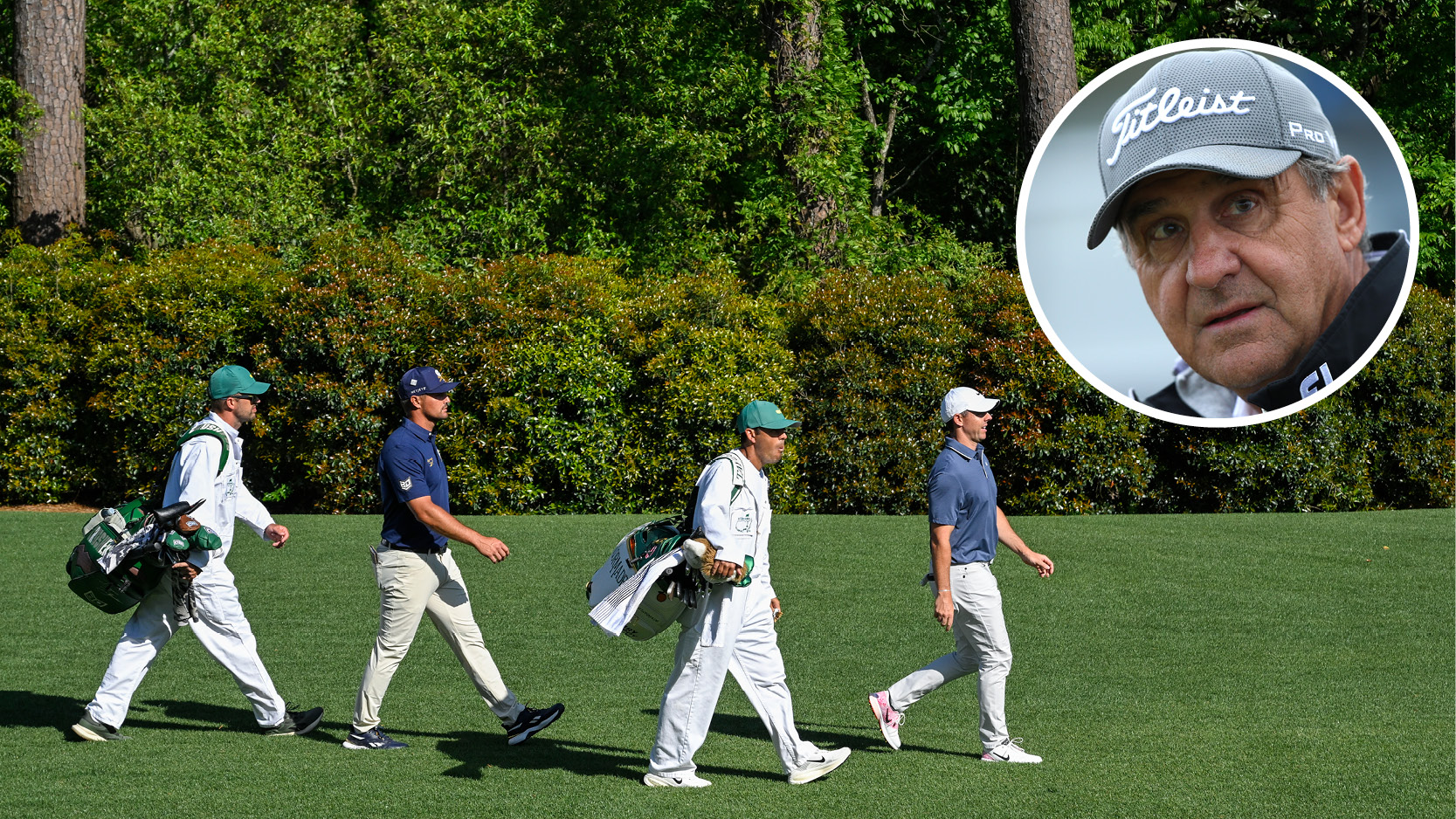 Rory McIlroy's Sports Psychologist Explains Why He 'Didn't Talk' To Bryson DeChambeau In Masters Final Round
Rory McIlroy's Sports Psychologist Explains Why He 'Didn't Talk' To Bryson DeChambeau In Masters Final RoundDeChambeau raised eyebrows at Augusta National when claiming that McIlroy wouldn't engage in conversation during the final round of The Masters
By Jonny Leighfield
-
 Rory McIlroy Gym Routine... Revealed!
Rory McIlroy Gym Routine... Revealed!In this Rory McIlroy Gym Routine article we discover how the Northern Irishman keeps himself so fit
By Neil Tappin
-
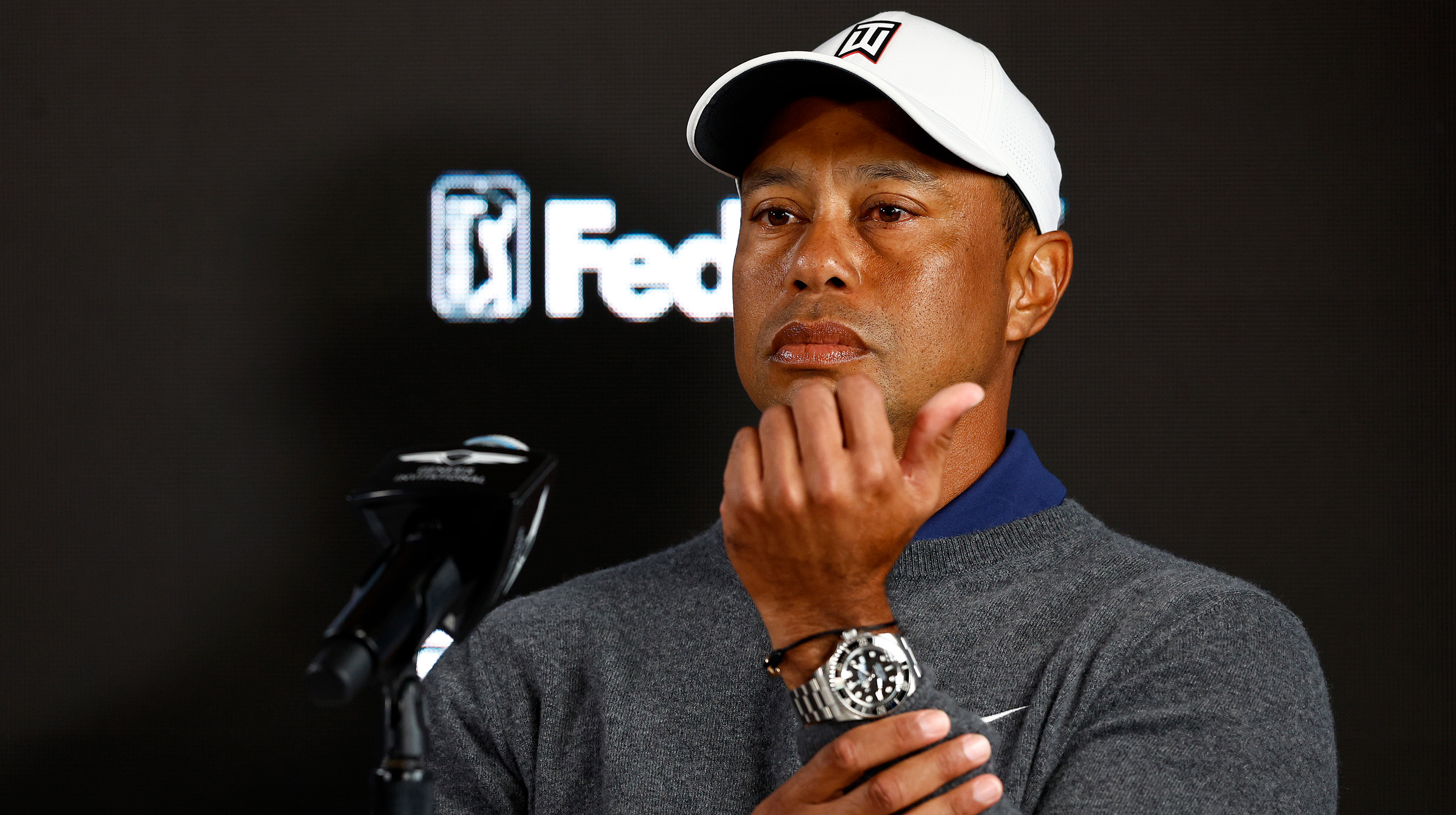 What Is Tiger Woods' Net Worth?
What Is Tiger Woods' Net Worth?Tiger Woods became the first billion dollar athlete in 2009
By Elliott Heath
-
 Five Outsiders Who Could Win The Masters
Five Outsiders Who Could Win The MastersWe consider five players who might surprise the favourites and claim victory at Augusta
By Fergus Bisset
-
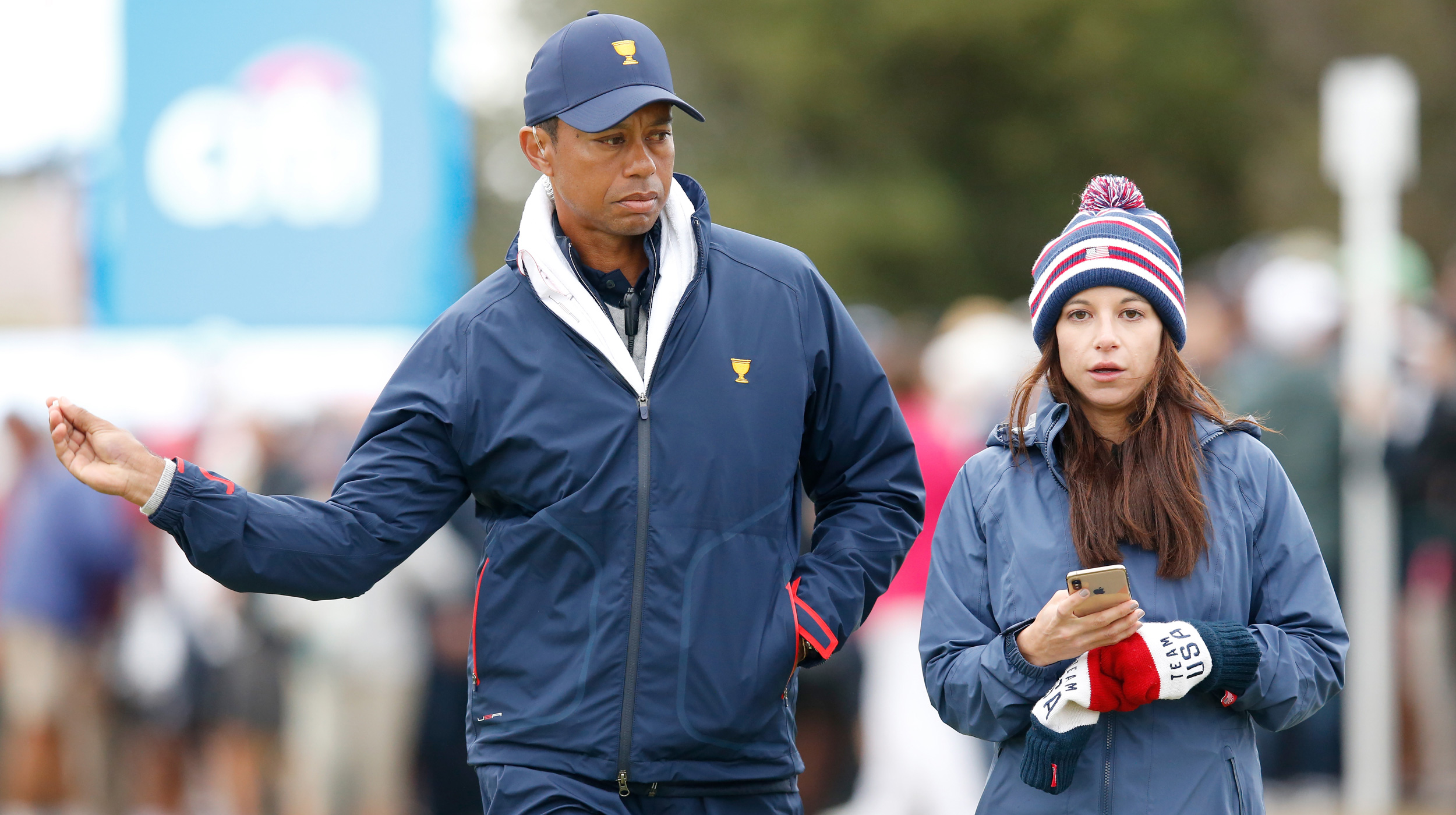 Who Is Tiger Woods’ Girlfriend?
Who Is Tiger Woods’ Girlfriend?Find out more on who the American professional golfer is going out with here.
By Matt Cradock
-
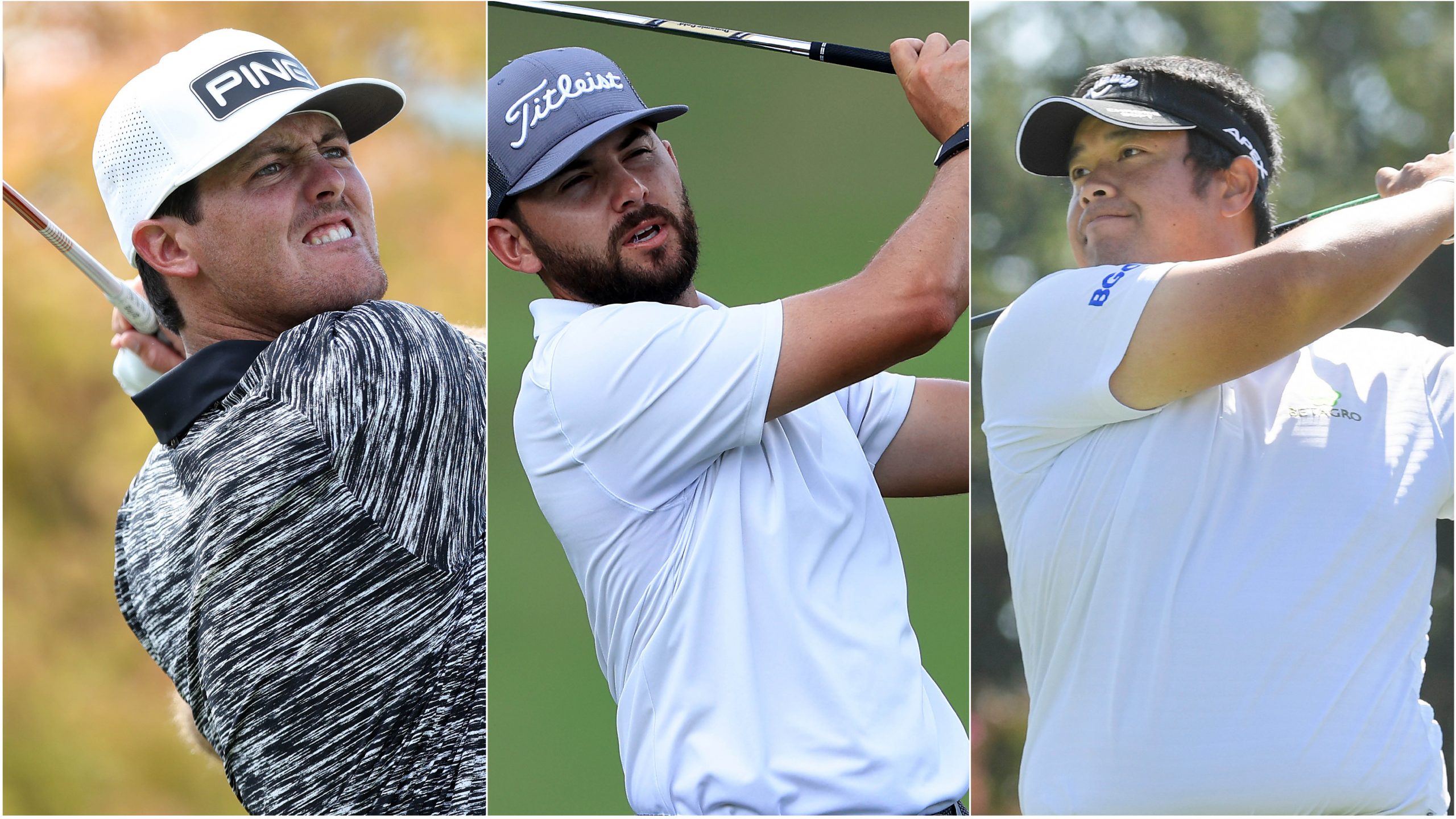 Bermuda Championship Golf Betting Tips 2021
Bermuda Championship Golf Betting Tips 2021Who is the GM Tipster backing to win this week in Bermuda?
By Jeremy Chapman
-
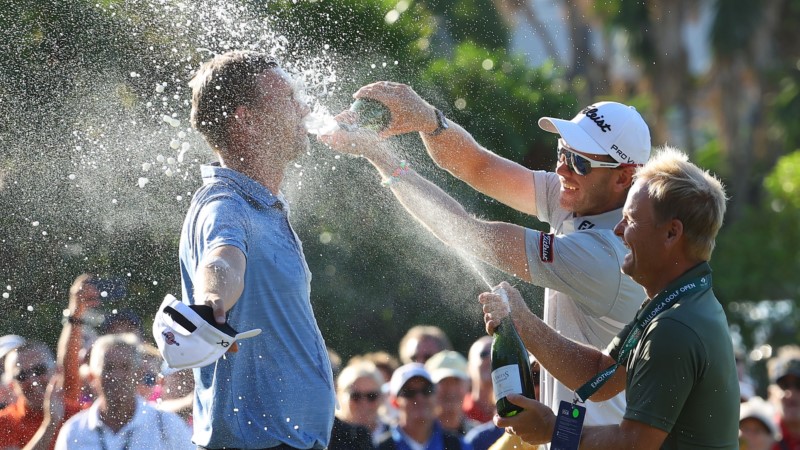 Jeff Winther Claims Maiden European Tour Title
Jeff Winther Claims Maiden European Tour TitleJeff Winther Claims Maiden European Tour Title
By Matt Cradock
-
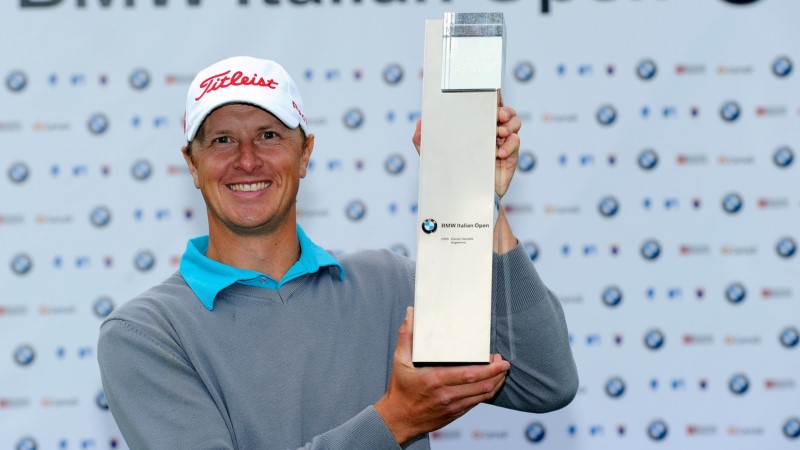 Fredrik Andersson Hed Passes Away Following Battle With Cancer
Fredrik Andersson Hed Passes Away Following Battle With CancerFredrik Andersson Hed Passes Away Following Battle With Cancer
By Matt Cradock
-
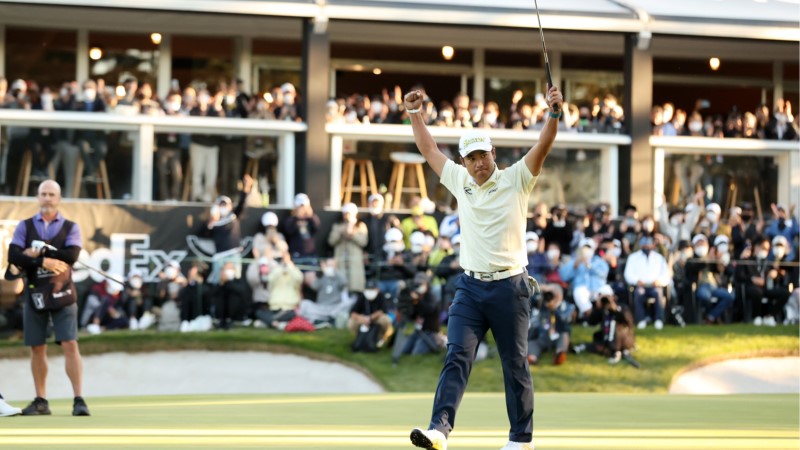 Hideki Matsuyama Claims Zozo Championship On Home Soil
Hideki Matsuyama Claims Zozo Championship On Home SoilHideki Matsuyama Claims Zozo Championship On Home Soil
By Matt Cradock